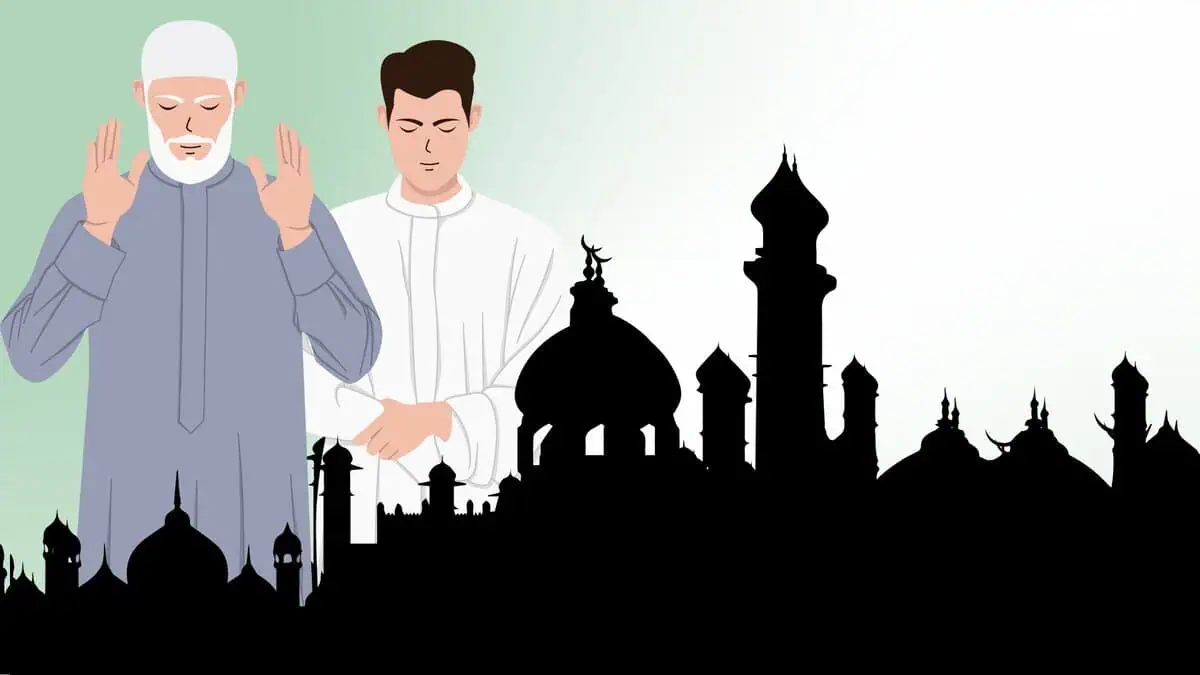
Hyderabad: Imams, considered as the torch bearers of the Muslim community, are struggling for two square meals a day, particularly those sincerely fulfilling their duties in villages and remote areas in Telangana.
Imams of the mosques lead the five times namaz in addition to organising classes to impart Islamic education to the children staying in the neighbourhoods. Their role is important in the city suburbs and remote areas where Muslims are accustomed to the local cultures. However, their hard work is rarely appreciated.
Things started crumbling after governments delayed their honorarium. “Previously, timely payment of honorariums helped us in meeting our family expenses and fulfilling our other requirements. Now, due to the delays, we are facing stressful conditions. How can we survive if we are paid once in five months?” said Mohd Hameed, an imam working at a remote village in Ranga Reddy district.
The imam and muezzin at the mosques render selfless services. In villages, their income stems mainly from fundraising and is far less compared to in cities. “I was paid Rs 3500 a month from the person responsible for the management of the mosque. After the government started the honorarium scheme, the locals stopped the payment and asked us to survive on a mere Rs. 5000 honorarium, offered by the government,” said Mohd Sajid, who works at a mosque located nearly 100 kilometers from Hyderabad.
Mohd Jahangir, a villager in Nalgonda district, said there are around 60 Muslim families but half of them have migrated to Hyderabad. “We collect Rs 200 a month from a few families staying in the village and pay the imam. However, not everybody can afford donations due to their own financial constraints. And Muslims residing in the city are flimsy,” he said.
“They know they are expected to come to the village for weddings or funerals in their families. For now, we are managing to retain the Imam and Muezzin; otherwise, we would have to lock the mosque,” he added.
In districts around Hyderabad, even villages with just 10 families have mosques, thanks to influential mandal leaders who coordinated with residents and local businesses to facilitate construction. Yet, when it comes to compensating the Imams and Muezzins, no structured mechanism exists.
Most imams and muezzins are natives of Bihar, Jharkhand, Madhya Pradesh and Uttar Pradesh. “In cities, people recognise and liberally pay us. In remote areas, the families are poor, so we cannot force them to pay us high amounts. For now, we are trying to manage, but do not know what will happen in future as inflation is only rising,” said Mohd Sajid.


